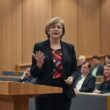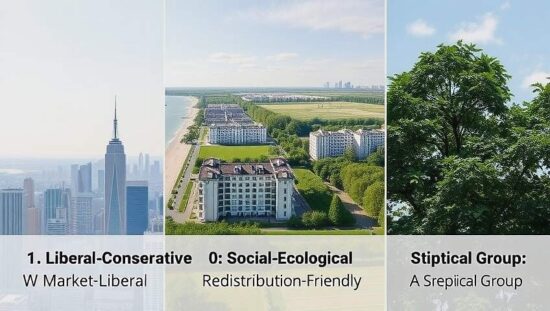A new wave of citizen engagement in Germany’s fiscal and social policy debates has emerged, as revealed by the analysis of an online participation in the “Citizens’ Debate on Fair Taxes and Finances” presented in Berlin on Monday.
Many participants expressed concerns over government waste of tax money, but often lacked concrete suggestions on where the state could actually cut back. Conversely, there was a broad consensus in favor of a stronger taxation of extremely wealthy individuals and multinational corporations. Radical demands for redistribution of wealth, which would effectively shrink the rich, however, did not gain a majority.
Regarding the social welfare system, citizens appear to recognize the need for reform, yet their visions for its future direction diverge significantly – ranging from a more caring approach to a harsher one. A deeper analysis of the voting patterns, according to the organizations involved, shows that society does not simply split into two camps. Instead, three opinion groups can be distinguished: a liberal-conservative and market-liberal, a socially and ecologically oriented and redistribution-friendly group and a skeptical group that shifts between the two depending on the topic.
The online participation is meant to be the starting point for the central part of the engagement process, with 40 randomly selected citizens from across the country gathering in Erfurt over two weekends starting May 29 to discuss the major questions of fiscal and financial policy. The outcomes of the Erfurt discussions will serve as the basis for recommendations to politics and the public.
The process is being facilitated by the “More Democracy” organization, the Network for Fair Taxes and the Federation of Taxpayers.





